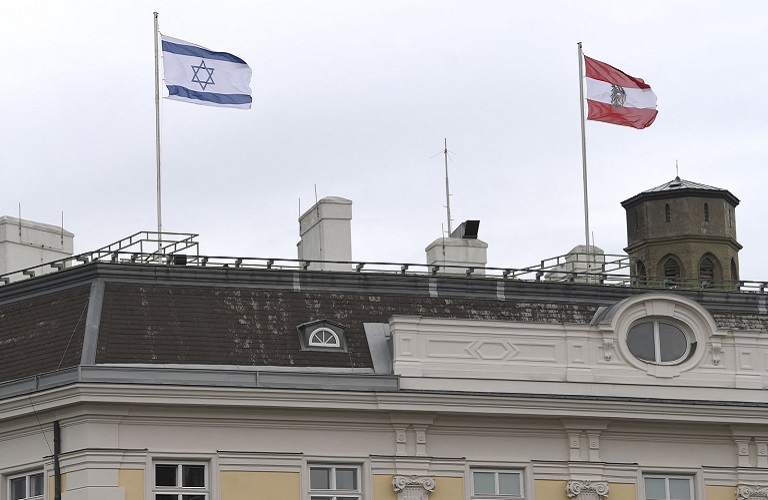

IHRA Definition Informs Austria’s Durban IV Boycott
On Friday, July 9th, Austria announced a boycott of the September “Durban IV” twentieth-anniversary event of the adoption of the Durban Declaration and Programme of Action at the United Nations, citing the conference’s incongruence with UN principles. Austria is the third European Union country and eighth UN member state to announce a boycott of the event.
The Austrian embassy in Israel stated that “Austria supports efforts to combat racism worldwide, while rejecting the misuse of the Durban process to unfairly single out and target Israel…Therefore, Austria abstained on the vote to hold a high-level conference in New York to commemorate the 20th anniversary of the Durban conference. There will be no participation at the political level…”
In 2001 the United Nations convened The World Conference Against Racism, Racial Discrimination, Xenophobia, and Related Intolerance (WCAR), in Durban, South Africa. The event, better known as the Durban Conference, was meant to be “a landmark in the struggle to eradicate all forms of racism.” The speeches and resolutions at Durban largely ignored the issues for which the conference was ostensibly called and instead focused on branding Israel’s anti-terror policies as “war crimes” and “violations of international law.”
The event proved to be a breeding ground for antisemitism, where antisemitic documents, including the notorious forgery The Protocols of the Elders of Zion, were distributed. Additionally, the WCAR popularized the accusation of apartheid against Israel and the libel that Zionism is racism.
In September 2021, the UN General Assembly will bring together world leaders for a one-day meeting in New York to mark the twentieth anniversary of the adoption of the Durban Declaration and Programme of Action at the original conference in South Africa in 2001.
Austria has boycotted the event since 2011, after the Durban II conference where then-president of Iran Mahmoud Ahmadinejad called the Holocaust an “ambiguous and dubious question” and a “pretext” for oppressing Palestinians in 2009.
Austria’s boycott is in accordance with the country’s adoption of the International Holocaust Remembrance Alliance (IHRA) working definition of antisemitism in 2017. Then Foreign Minister and current Chancellor of Austria Sebastian Kurz said at the time that the move sent an important signal and was crucial “in order to identify and combat antisemitism more easily with a universally valid definition.”
Austria and six out of seven of the other boycotting countries have adopted the IHRA working definition of antisemitism – the exception being Australia.
read more
Join Our Newsletter
Free to Your Inbox
"*" indicates required fields







